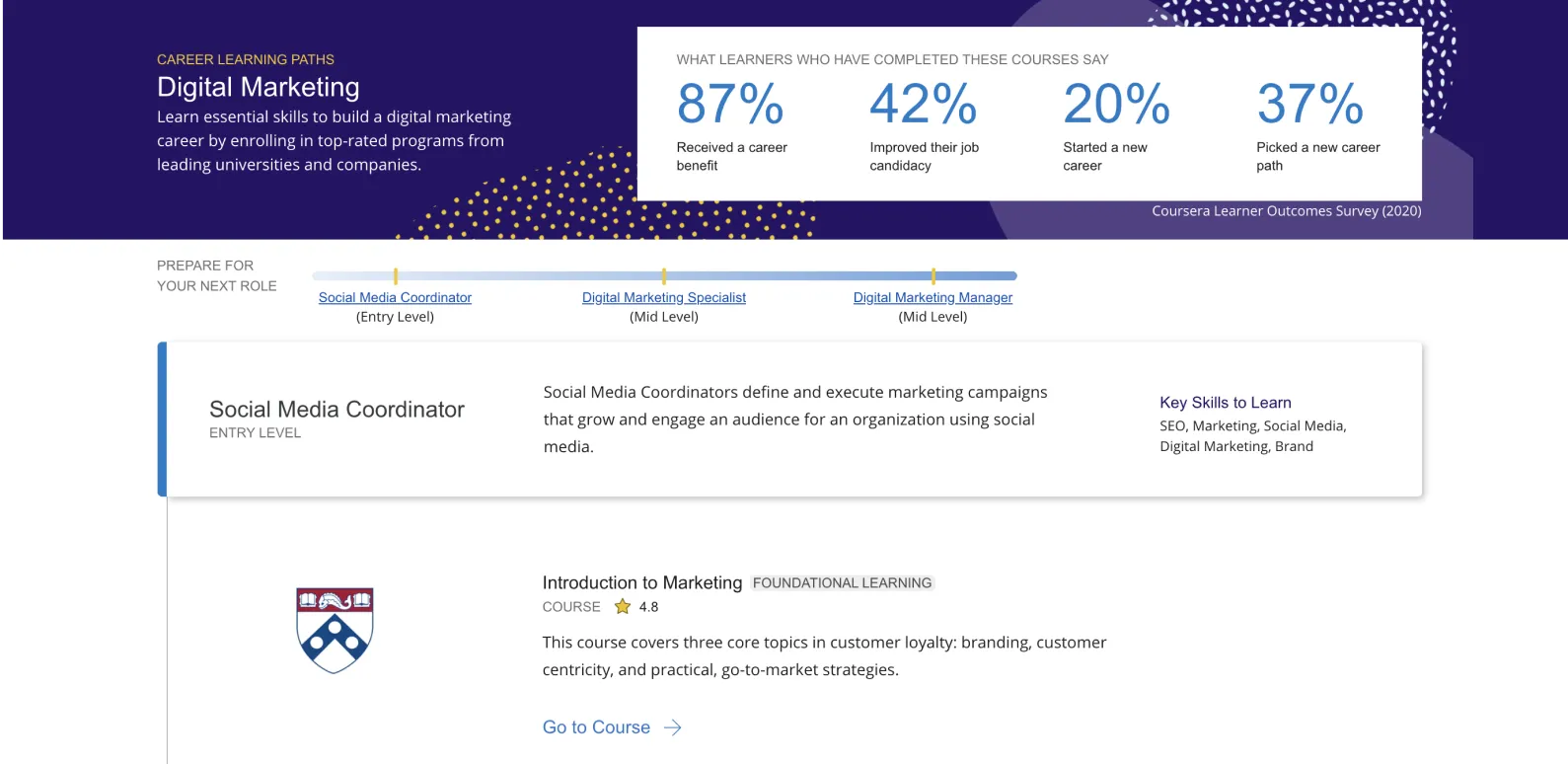In today's competitive landscape, small businesses must find innovative ways to enhance the skills of their workforce. Offering ''professional development courses'' is one effective strategy that can lead to numerous benefits. This article explores the reasons why small businesses should consider implementing such programs and how they can positively impact their overall performance.
1. Enhanced Employee Skills
One of the primary reasons small businesses should invest in ''professional development courses'' is the enhancement of employee skills. By providing training opportunities, businesses can ensure that their employees are equipped with the latest industry knowledge and technical abilities. This not only helps in improving job performance but also prepares employees for new challenges within their roles.
2. Increased Employee Retention
In a world where employee retention is a significant concern, offering ''professional development opportunities'' can be a game-changer. Employees are more likely to stay with a company that invests in their growth. According to research, organizations that provide learning opportunities have a 34% higher retention rate compared to those that do not.
| Company Type | Retention Rate |
|---|---|
| With Development Programs | 34% |
| Without Development Programs | 25% |
3. Boosted Employee Morale
When employees feel that their employer cares about their ''professional growth'', it can significantly boost morale. Providing access to ''professional development courses'' demonstrates a commitment to employee well-being and career advancement. This positive work environment can lead to higher levels of job satisfaction and productivity.
4. Better Customer Service
Employees who undergo ''professional development'' are better equipped to serve customers effectively. Training programs often focus on soft skills such as communication and problem-solving, which are essential in delivering excellent customer service. As employees become more competent in their roles, the overall customer experience improves, leading to increased customer loyalty and satisfaction.
5. Competitive Advantage
In an ever-evolving market, staying ahead of competitors is crucial for small businesses. By offering ''professional development courses'', businesses can cultivate a skilled workforce that adapts quickly to industry trends and changes. This agility can provide a significant competitive advantage, allowing smaller firms to compete with larger corporations effectively.
6. Networking Opportunities
Professional development courses often provide networking opportunities for employees. Engaging with peers from other organizations can lead to valuable connections and collaborations. These relationships can foster innovation and new ideas that can be beneficial for the business. Additionally, employees may learn best practices from others in their field, further enhancing their effectiveness and productivity.
7. Improved Company Culture
Investing in ''professional development'' can also positively influence company culture. When employees see that their employer values their growth, it creates a culture of learning and development. This environment encourages employees to take initiative, share knowledge, and support one another, ultimately leading to a more cohesive team.
8. Increased Productivity
As employees gain new skills and knowledge through ''professional development courses'', their efficiency and productivity are likely to increase. Training programs often focus on the latest tools and technologies, enabling employees to work smarter, not harder. This boost in productivity can have a direct impact on the company's bottom line, making it a worthwhile investment.
9. Adaptability to Change
In a rapidly changing business environment, adaptability is key. By offering ''professional development opportunities'', small businesses can prepare their employees to embrace change and new challenges. Training programs that focus on change management and adaptability can help employees navigate transitions smoothly, ensuring that the business remains resilient and responsive.
10. Cost-Effective Marketing Strategy
Lastly, investing in ''professional development courses'' can serve as a cost-effective marketing strategy. Employees who feel empowered and skilled are more likely to promote the company positively, both online and offline. This organic marketing can enhance the company's reputation and attract new customers, making it a valuable return on investment.
In conclusion, the advantages of offering ''professional development courses'' to employees in small businesses are substantial. From improved skills and higher retention rates to better customer service and increased productivity, the benefits far outweigh the costs. By prioritizing employee development, small businesses can create a thriving work environment that fosters growth, innovation, and success.





